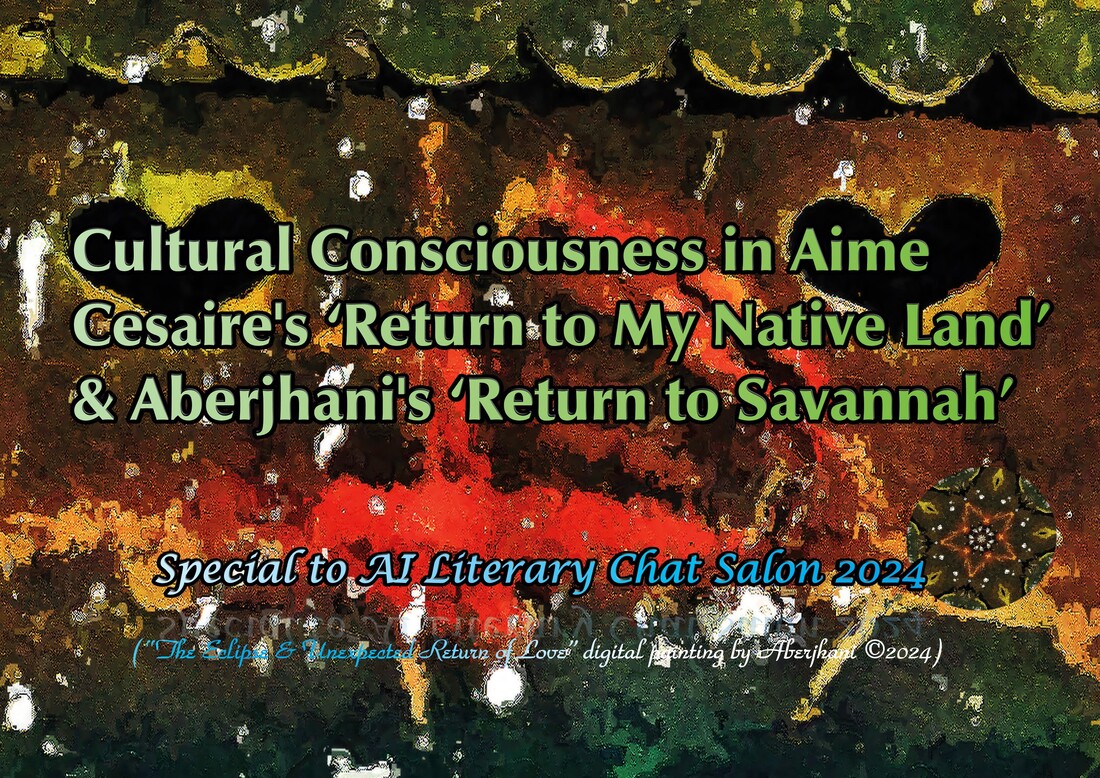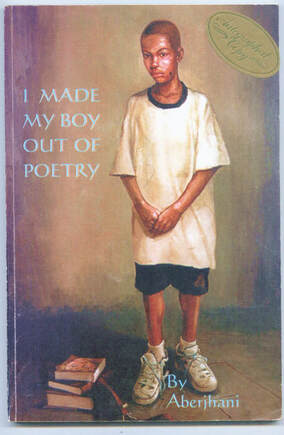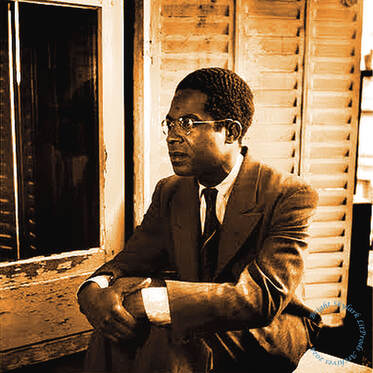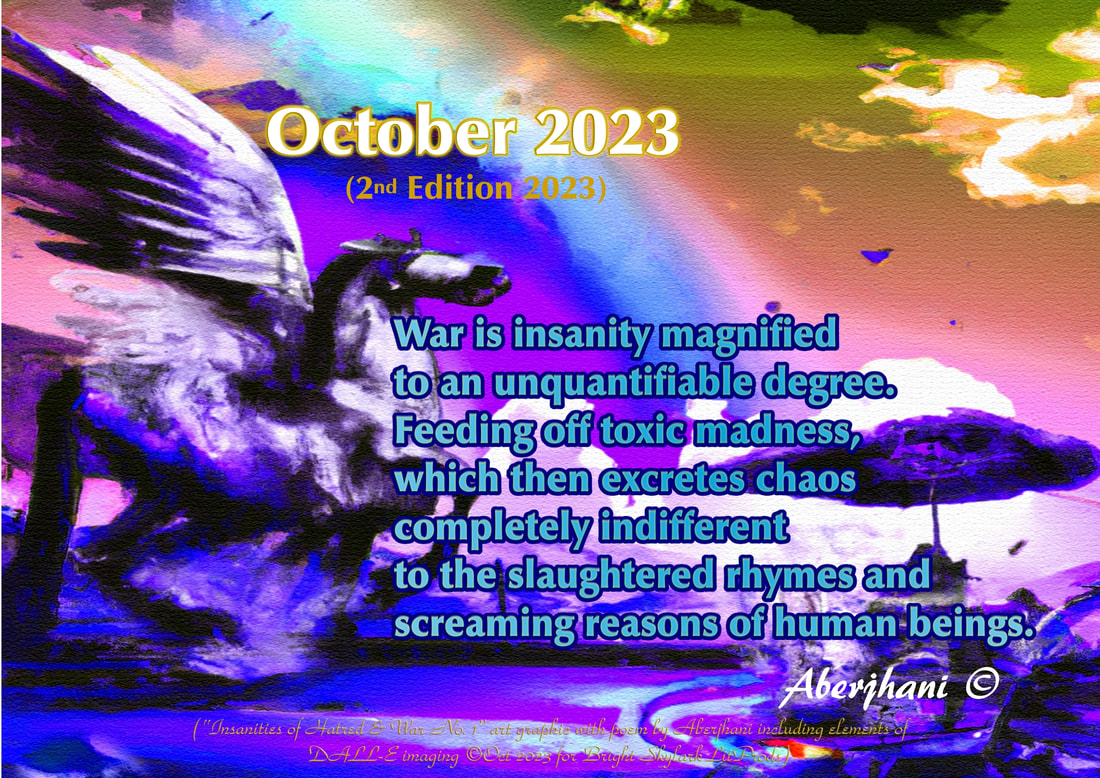|
When it comes to Modern Literary Studies, the exploration of cultural identity, social justice, and human experience are often paramount themes. Aime Cesaire's (1913-2008) poem Return to My Native Land (1939) and Aberjhani's "Return to Savannah" (1997) are two exemplary works that delve into these themes, drawing upon historical, philosophical, and biographical insights. This comparative literary analysis examines how these poems resonate with contemporary discourses such as Critical Race Theory, Black Lives Matter, and WOKE theory, while also embodying values significant to humanity as a whole. Cultural Context and Literary Tradition In considering the significance of these poems for readers and scholars alike, it becomes evident that they offer invaluable insights into the complexities of modern Black Studies and the broader human experience. Whether studied during National Poetry Month, Education Week, Black History Month, or on World Poetry Day, both works serve as poignant reminders of the enduring power of poetry to provoke thought, inspire empathy, and catalyze change. Aberjhani, in his 2007 Goodreads review of Cesaire’s book, aptly describes Return to My Native Land as a product of literary fusion, drawing upon the Negritude movement, the Harlem Renaissance, and French surrealism. This amalgamation infuses Cesaire's work with rich cultural and political nuances, addressing racism, class oppression, and the human condition. The following excerpt provide a small example from Return to My Native Land: In this inert town, this sorry crowd under the sun, taking part in nothing which expresses, asserts, frees itself in the broad daylight of its own land. Nor in Empress Joséphine of the French dreaming high, high above negridom. Nor in the liberator rigidified in its liberation of whitened stone. Nor in the conquistador. Nor in this contempt, nor in this freedom, nor in this boldness. At the brink of dawn, this inert city and its far beyond of leprosies, of consumption, of famines, of fears crouching in the ravines of fears, hoisted in the trees of fears, burrowed in the ground, of fears adrift in the sky, of fears piled up and its fumaroles of anguish. At the brink of dawn, the morne, forgotten, forgetful of blowing up. At the brink of dawn, the morne with its nervous and docile hoof – its malarial blood puts the sun to rout with its overheated pulses. At the brink of dawn, the repressed fire of the morne, like a sob gagged on the verge of bloodthirsty outburst, searching for an evasive and unconscious ignition. (Césaire, Aimé. Notebook of a Return to My Native Land: 4. Bloodaxe contemporary French poets, pp. 103-104. Bloodaxe Books. Kindle Edition.) As for Aberjhani’s Return to Savannah, inspired by Cesaire's work, the poem carries forward the legacy previously noted. It does this by weaving together elements of African-American experience, Southern history, and personal reflection. Both works can be situated within the tradition of protest poetry, which seeks to challenge systems of oppression and assert the dignity of marginalized communities. Additionally, they contribute to the broader tradition of lyric poetry, using language and imagery to evoke emotional and philosophical truths. The lines that follow are from Return to Savannah: Legends tell the tourists that spectres roam this city but I’ve no need of tales to explain the red-eyed shadows hopping like squirrels through the greenless branches of my immediate apprehension. I remember when they died. Stand amazed, now, watching them haunt reflections of their former lives. The tourists hear one story but let me tell you another: like the one about WillieMae who had 14 children, 9 they say still living, just like she is a blackwoman working split shifts at what used to be the old Desoto Hilton Hotel. 14 children, 9 still living spanking, feeding, loving her brood in-between preparing pastries for people who’d rather not know. (Aberjhani, I Made My Boy Out of Poetry, p. 30, Washington Publications, 1998) Critical Race Theory and Black Lives Matter It obvious from the above excerpts that both poems engage with the themes of racial identity, systemic oppression, and cultural resilience, resonating deeply with the principles of Critical Race Theory and the goals of the Black Lives Matter movement. Cesaire's exploration of colonialism and cultural alienation speaks to the enduring legacy of racism and imperialism, while Aberjhani's portrayal of African-American life in late 1990s Savannah documented the ongoing realities of systemic racism and social inequality. Through their poetic visions, both authors challenge readers to confront the injustices of the past and present, and imagine a more just and equitable future. In addition, their work also reflects to a powerful degree the concept of being "woke," which encompasses an awareness of social injustices and a commitment to activism and change. The authors’ poems exemplify this ethos by inviting readers to awaken to the realities of various social inequities surrounding them. By centering the experiences of marginalized communities and amplifying their voices, these works contribute to a broader consciousness of social justice and collective liberation. They remind readers of the power of literature to inspire empathy, provoke critical reflection, and ignite social change. Human Values and Universal Truths Beyond their specific cultural and historical contexts, both poems embody values that are universally significant to humanity. Cesaire's lyrical meditation on identity, belonging, and the search for meaning resonates with readers of all backgrounds, prompting considerations of their own sense of self and place in the world. Aberjhani's poignant portrayal of resilience, community, and the enduring power of the human spirit speaks to the universal quest for dignity, justice, and love. By tapping into these universal truths, these poems transcend their particularities and speak to the shared humanity that unites us all. Notably, in Return to My Native Land, Cesaire writes, "My negritude is not a stone, its deafness hurled against the clamor of the day," emphasizing the enduring strength of Black identity in the face of adversity, much the way members of other cultural groups have relied on long-standing values to survive persecution, or even genocide. Similarly, Aberjhani's portrayal of “WillieMae” in Return to Savannah underscores the inherent dignity and humanity of marginalized individuals, regardless of their societal status. Literary Traditions and Contemporary Significance Both Cesaire and Aberjhani draw from a rich tradition of literary expression rooted in the experiences of Black people across the globe. Cesaire’s fusion of prose and poetry reflects the experimental spirit of French surrealism while also echoing the lyrical cadence of Harlem Renaissance poets like Langston Hughes and Claude McKay. Similarly, Aberjhani’s narrative style and thematic depth align with the traditions of African-American literature, particularly the works of poets like Maya Angelou and Amiri Baraka. The significance of studying these works during National Poetry Month, Education Week, or Black History Month lies in their ability to foster critical thinking, cultural awareness, and empathy among students. By engaging with themes of identity, justice, and resilience, readers can gain a deeper understanding of the complexities of the human experience and the enduring legacy of racial injustice. Furthermore, these works serve as catalysts for meaningful discussions about the intersections of race, class, and power in modern society. Contemporary Poets Following Similar Literary Traditions A number of contemporary poets share similarities with Cesaire and Aberjhani in their exploration of identity, history, and the impact of colonialism and racism. Their works serve as poignant reports on the complexities of the human experience. The following are a four examples of authors whose writings challenge readers to confront uncomfortable truths and consider alternative narratives of belonging and heritage:
|
Articles in AI Literary Chat Salon are written in partnership with chat bots to achieve a wide spectrum of balanced objective input and authentic human considerations. All feedback related to posts welcomed.Archives
April 2024
Categories
All
|




 RSS Feed
RSS Feed